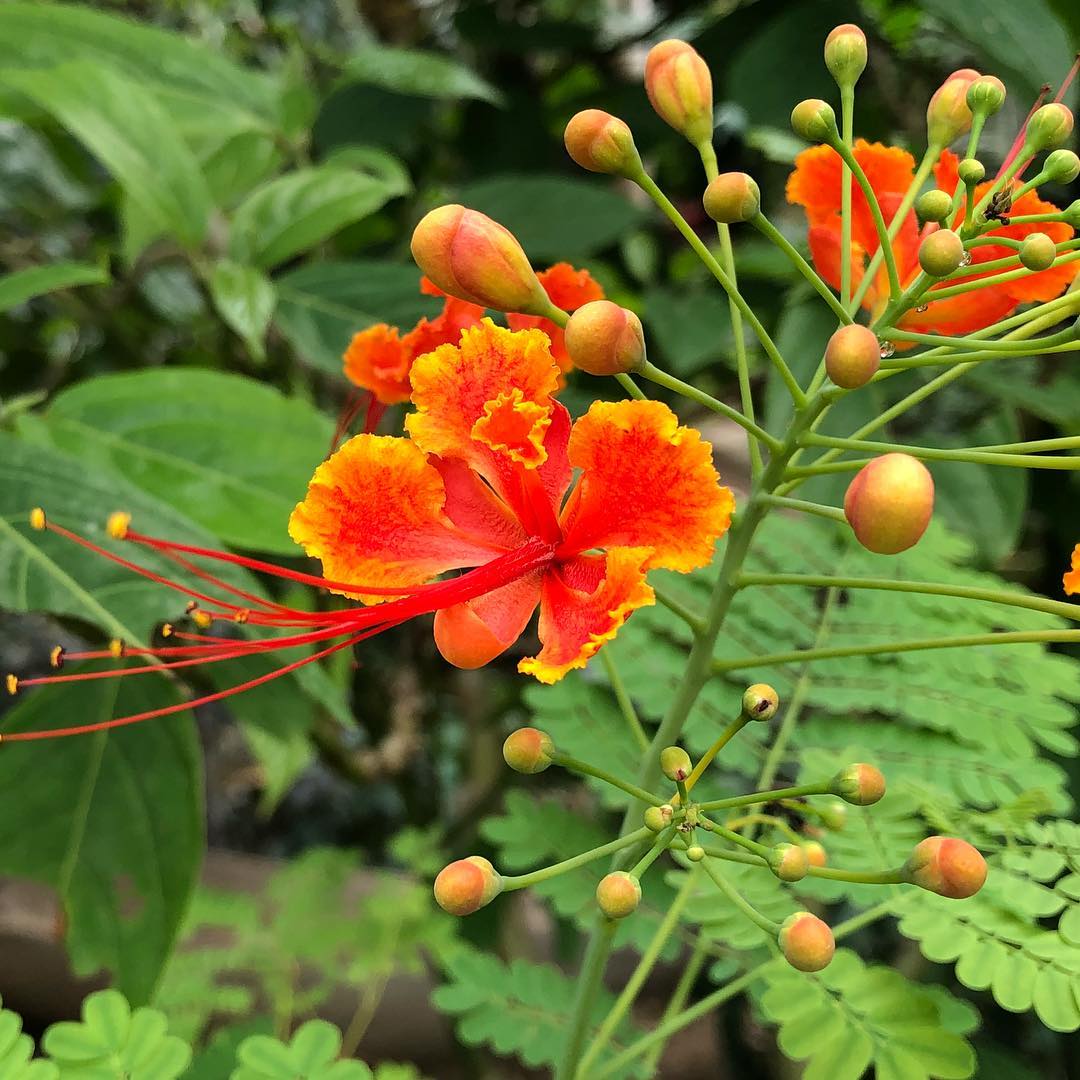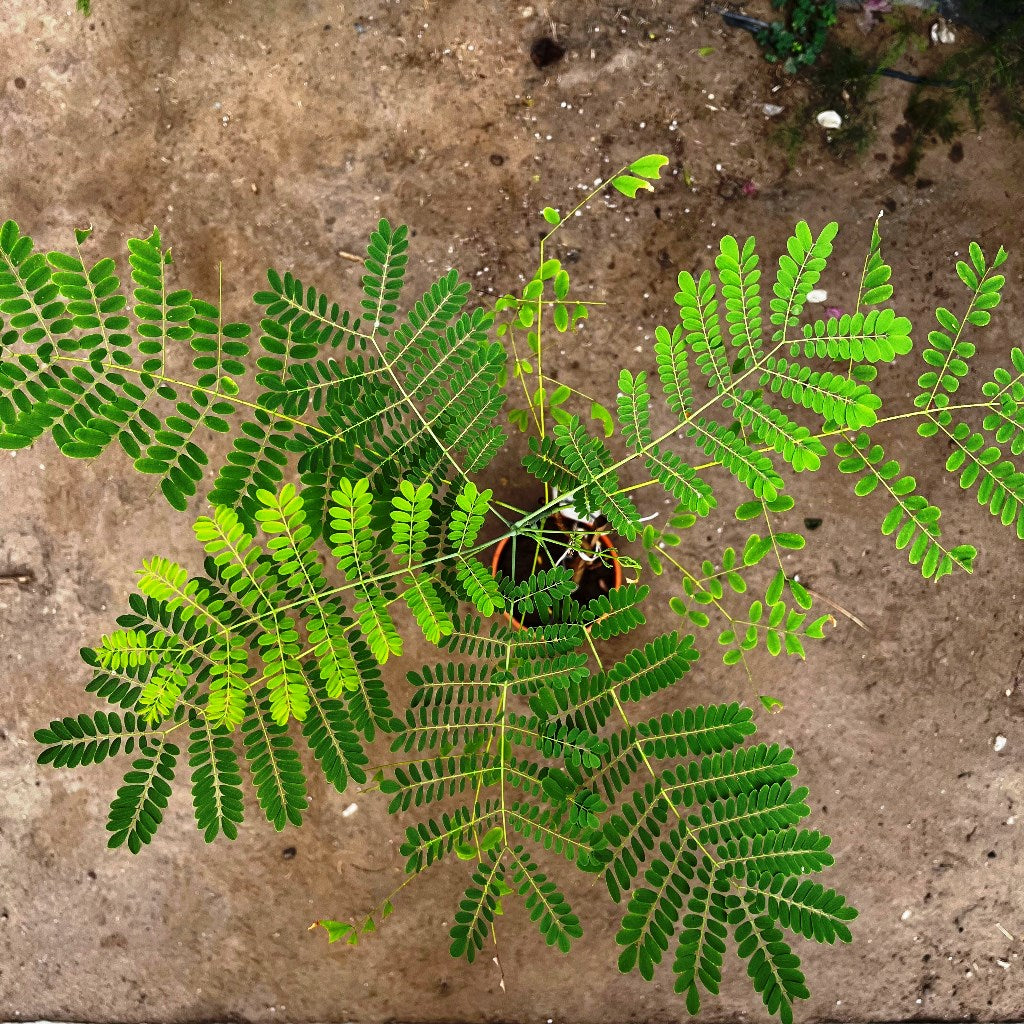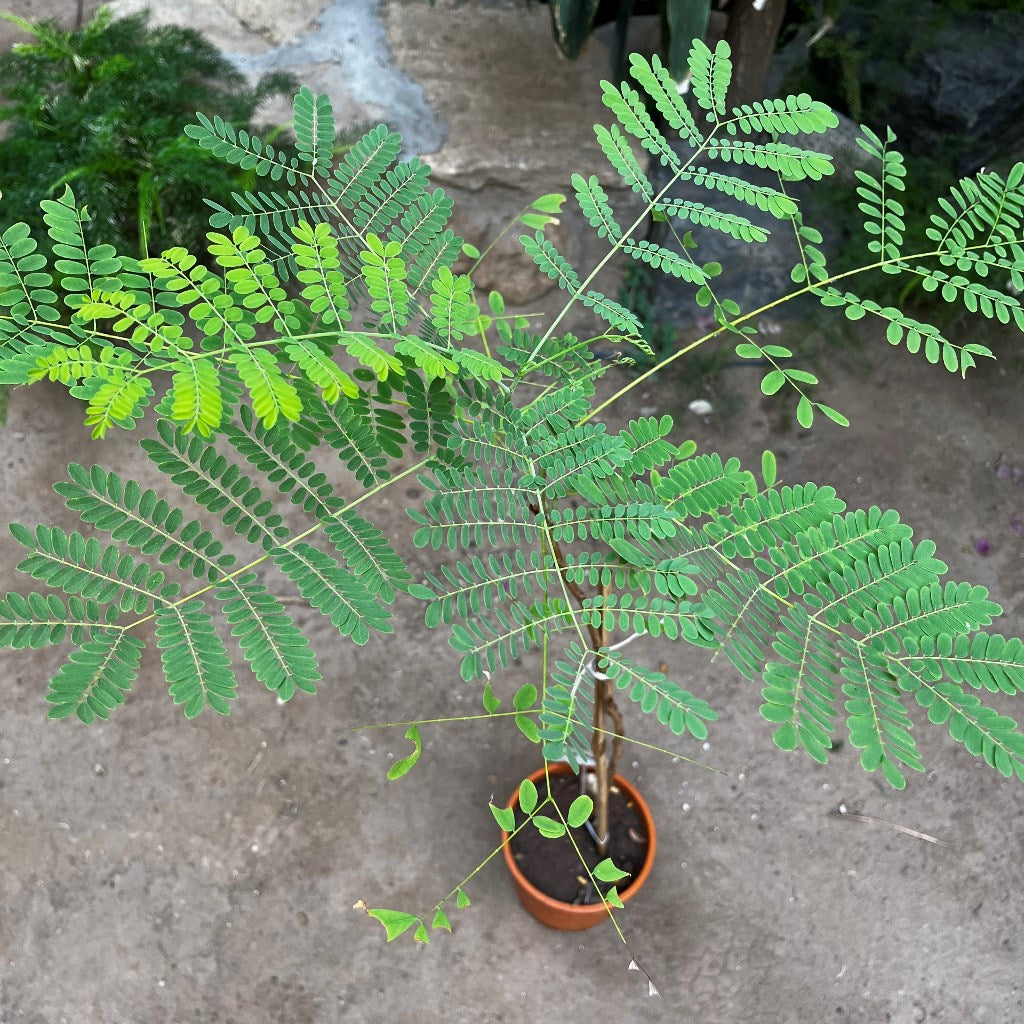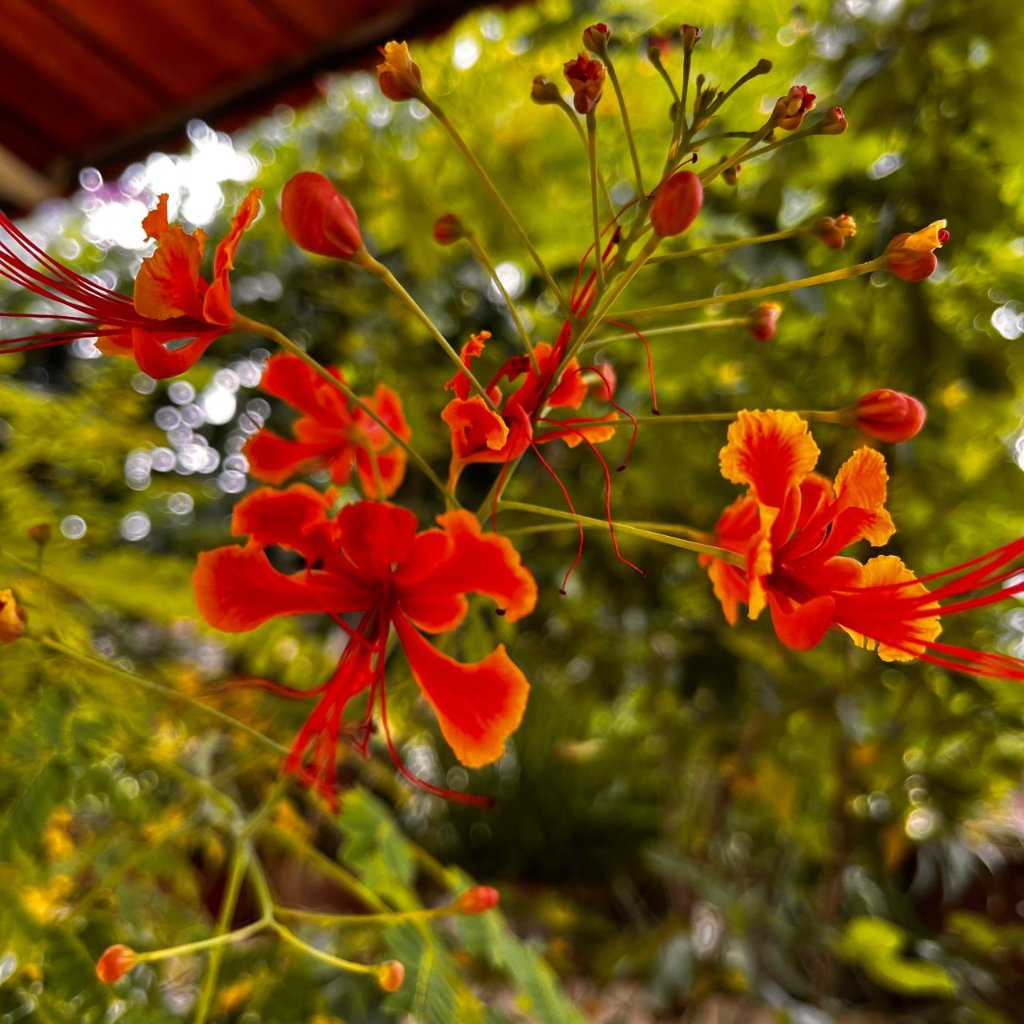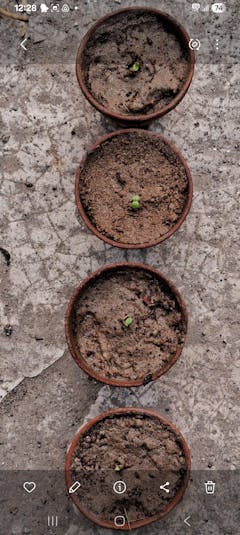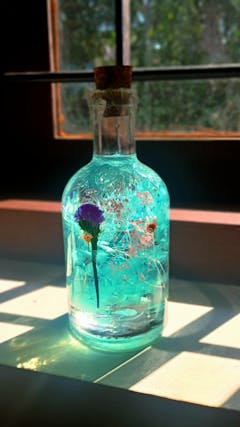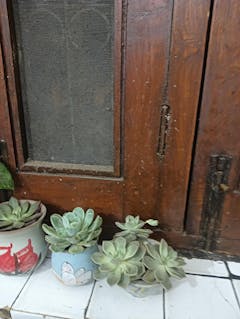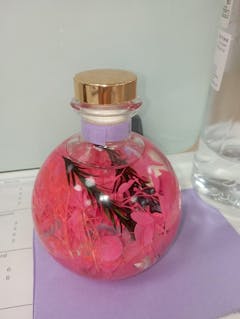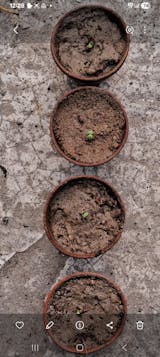Dwarf Poinciana
Family
Fabaceae
Origin
Tropical America.
Description
Caesalpinia Pulcherrima is commonly known as Peacock Flower. It is a shrub growing to 3 m tall. The leaves are bipinnate, 20-40 cm long, bearing three to 10 pairs of pinnae, each with six to 10 pairs of leaflets 15-25 mm long and 10-15 mm broad. It is sometimes called Dwarf Poinciana due to the resemblance of its flowers and leaves to those of Gulmohar. They are botanically related but Peacock flower plant grows only to a height of about 3 meters, retains its leaves throughout the year, and blooms continuously. Flowers, which appear in clusters on long erect stems, are smaller than those of Gulmohar and have exceptionally long stamens and a prominent pistil which protrudes from the center. The most common color is red-orange, but one variety has pure yellow flowers. It can be easily propagated by seeds.
Environment
Caesalpinia Pulcherrima requires full sunlight. They need 2 - 3 times watering per week until established. They are suitable for well-drained soil.
Landscape Uses
It is a striking ornamental plant and generally used for Border, Container and Hedge/Screen.

